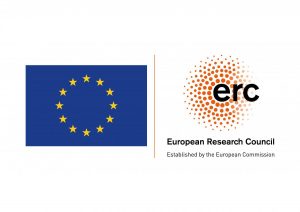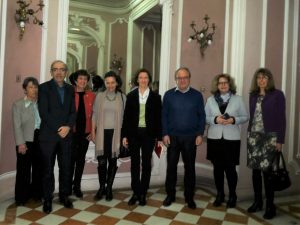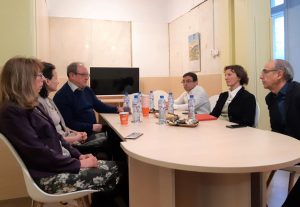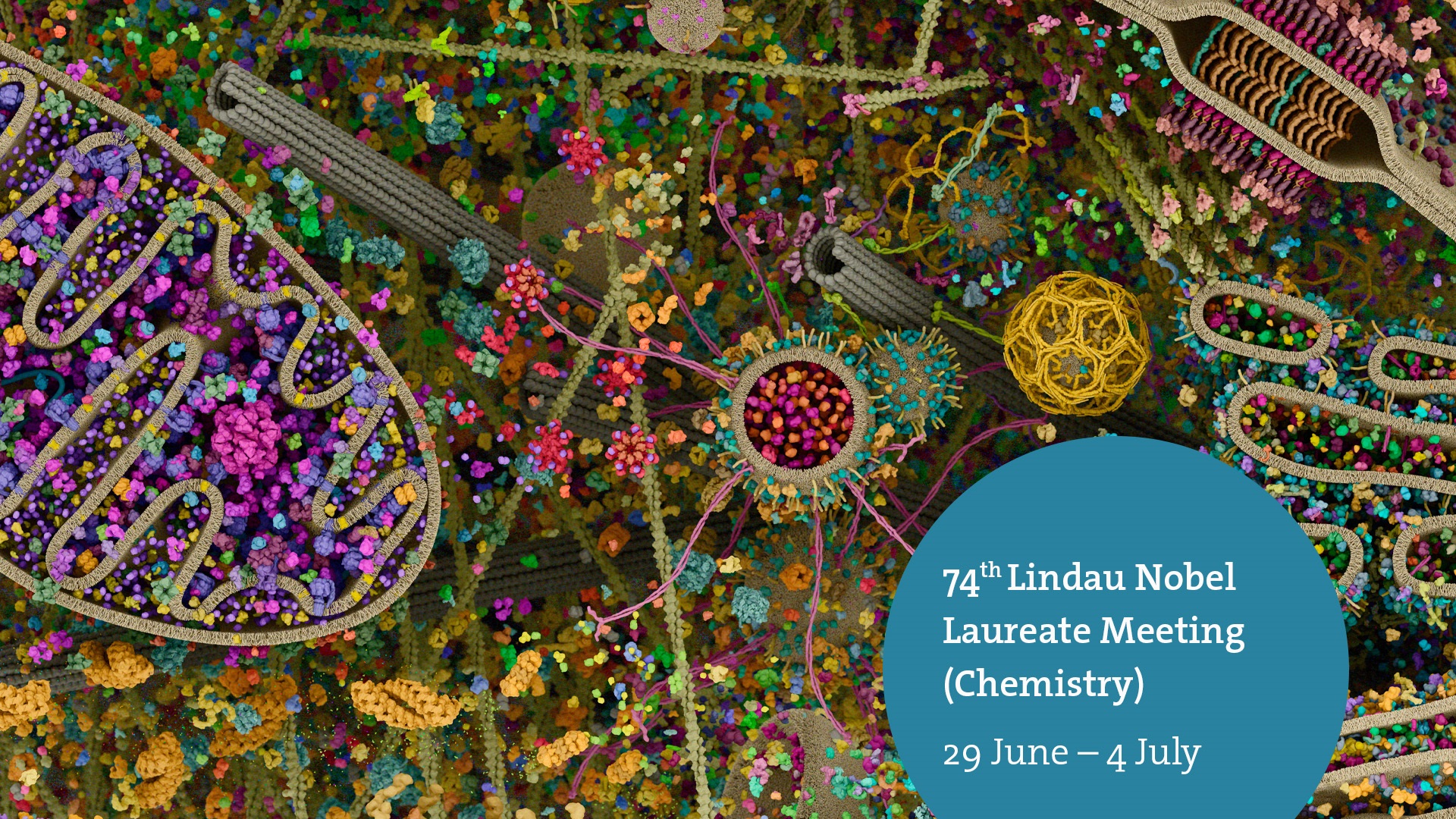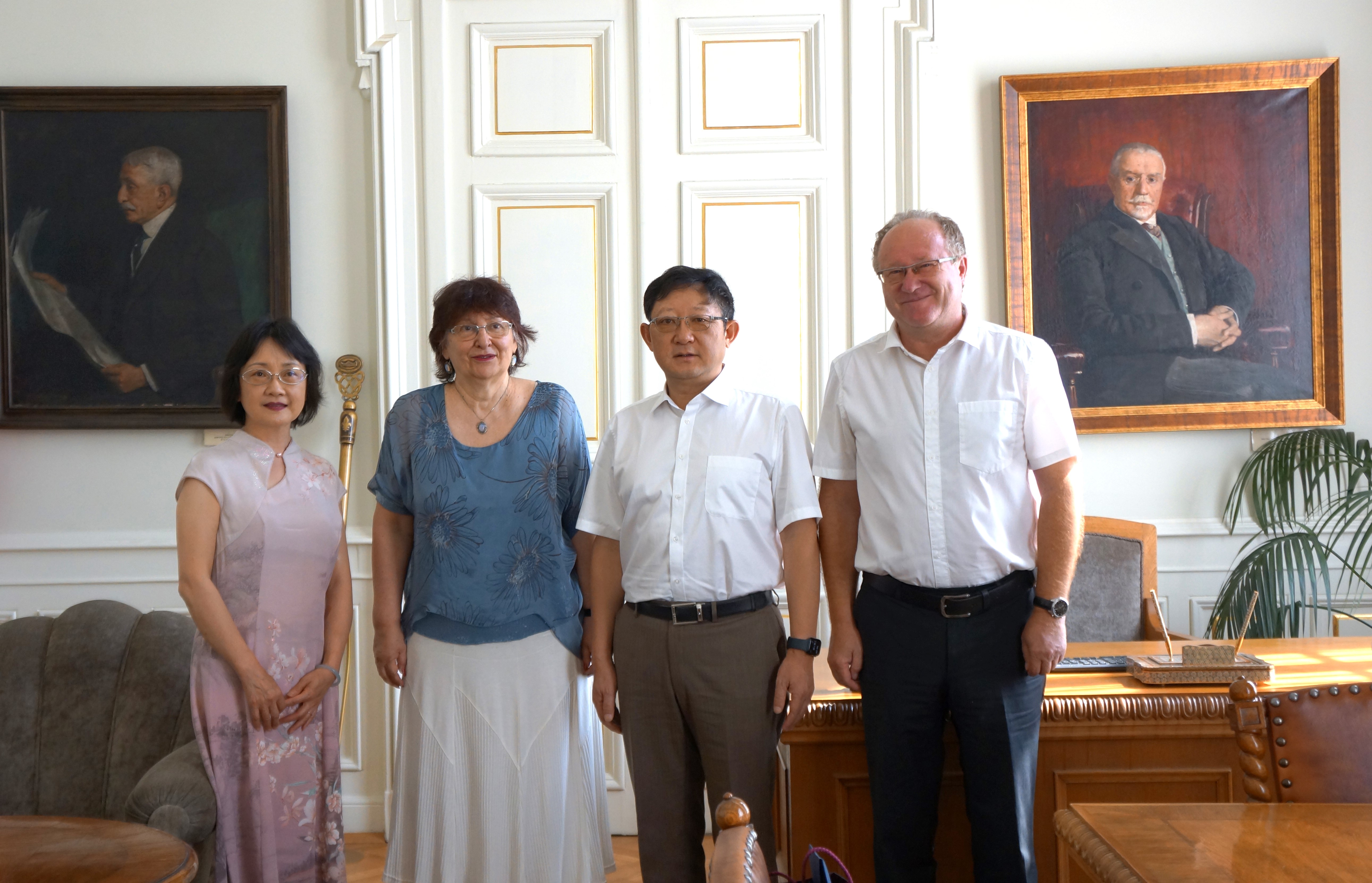The President of the European Research Council (ERC), Prof. Maria Leptin, met on 10 April 2022 with the team of the project “Taming the European Leviathan: The Legacy of Post-War Medicine and the Common Good” in the Institute of Ethnology and Folklore Studies with Ethnoigraphic Museum of BAS (IEFSEM).
The meeting was attended by the President of BAS Prof. Julian Revalski, Full Member of the Academy, the Deputy Director of IEFSEM Assoc. Prof. Ivanka Petrova and Prof. José Labastida, Head of Unit “Support to the Scientific Council” at the European Research Council.
“European Leviathan”, the first synergy project involving Bulgarian scientists, has an implementation period of 6 years, the work of the team continues until 2026. Assoc. Prof. Dr. Anelia Kasabova is in a team of four leading researchers together with Prof. Dr. Volker Hess – Institute for the History of Medicine and Ethics in Medicine, Charité Berlin; Prof. Dr. Judit Sándor – Faculty of Political Science, Legal Studies and Gender Studies, Central European University – Budapest/Vienna and Prof. Dr. Ulf Schmidt – Humanities, History of Germany, University of Hamburg.
The project focuses on the history of Europe after the Second World War as seen through the lens of medicine. It explores national specificities – medicine and health care, health insurance – that developed within nation-states with different national legislations, highlighting the interrelations between “East” and “West”, the exchange of knowledge, people and technologies. We hope our research will contribute to a balanced dialogue about the recent past in all its controversy and complexity, said Assoc. Prof. Kasabova.
Assoc. Prof. Dr. Anelia Kasabova stressed that despite the challenges in the context of the Covid-19 pandemic, the implementation of the project is currently going well. A temporary structural unit “Medical Anthropology” has been established at IEFSEM-BAS. Since last year, scientists have been presenting the results of their research in a series of seminars.
One of our important goals is to attract motivated researchers willing to work on difficult topics, pointed out Assoc. Prof. Kasabova and said that the competition for PhD and postdoctoral research positions has attracted applicants from various academic institutions from inside and outside Bulgaria, and the project proposals impress with their depth.
Assoc. Prof. Kasabova noted that with the project activities the scientists from the Bulgarian Academy of Sciences show that they develop science at a high level and have the capacity to be an equal partner in international research.
Prof. Leptin congratulated the participants in the project. She reminded about the mentoring programme that provides assistance to all applicants in the process of preparing their proposals and expressed the hope that in the near future there will be more applicants from BAS and other successful projects in Bulgaria funded by the European Science Council.
The European Research Council provides funding in four categories, “Synergy” being the only one that requires, on the one hand, mandatory team participation and, on the other hand, a highly qualified and proven scientific contribution of at least 10 years for each of its members.


